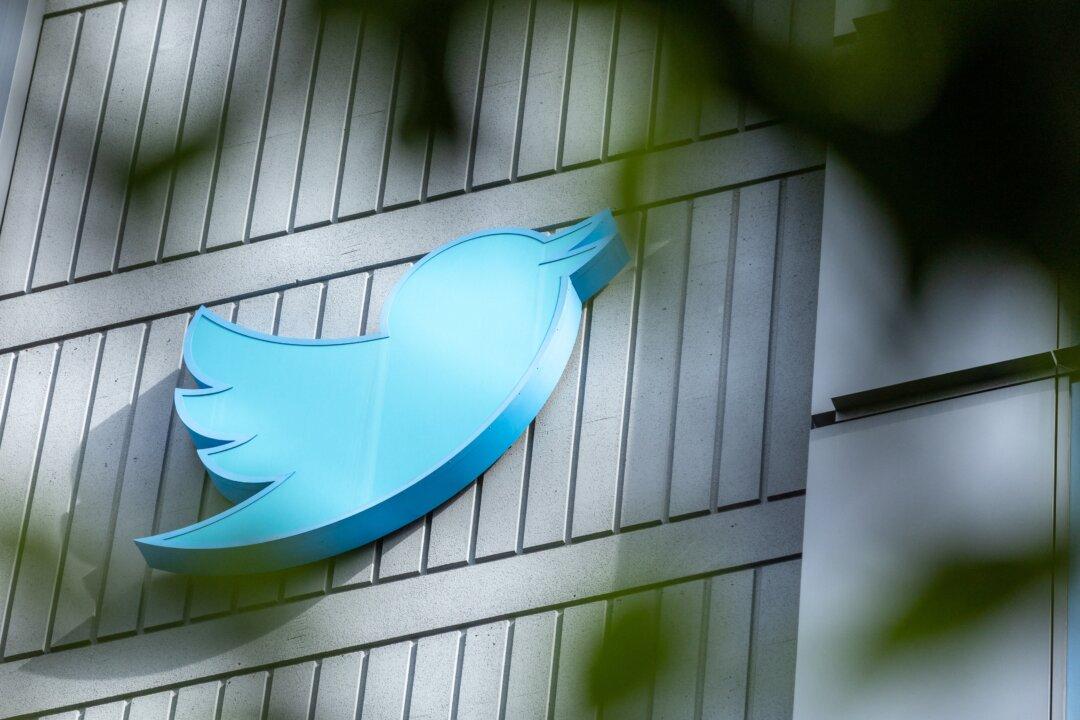India’s Karnataka High Court on Friday denied a petition filed by Twitter to overturn the federal government’s content-blocking orders and fined the U.S.-based company 5 million rupees (around $61,000).
In its ruling, the court deemed the blocking orders against Twitter to be “reasoned decisions,” citing the “anti-national” element and the potential of the content to incite “cognizable offenses relating to the sovereignty and integrity of India.”





